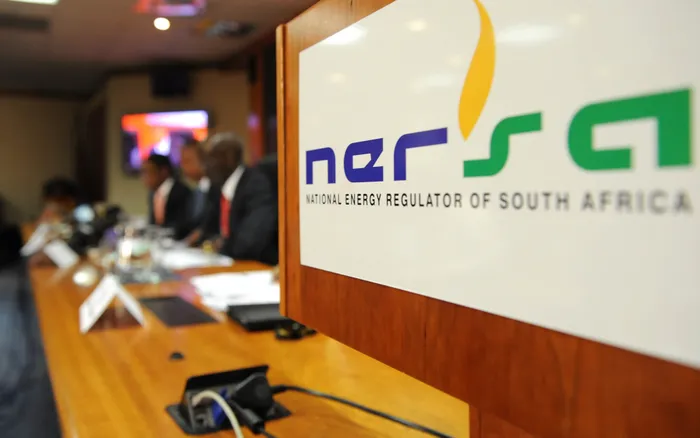Energy crisis: Nersa's R54 billion mistake forces higher tariffs on consumers

Nersa's electricity tariff hike of 8,8% is a costly error that will affect consumers
Image: Supplied
Consumers are set to absorb the severe reverberations from the National Energy Regulator of South Africa's (Nersa) staggering R54 billion error.
This costly oversight means that electricity tariffs, which were initially set to rise by 5.4% in 2026 and 6.2% in 2027, will instead spike by 8.8% over the next two financial periods to compensate for the Nersa blunder.
The new tariffs, expected to take effect in the 2026/27 financial year and into the next term (2027/28), are three times higher than the anticipated consumer inflation rate.
Charles Hlebela, Nersa's spokesperson, confirmed the tariff hike decision in a statement released last week, which prompted immediate backlash from energy experts, political parties, and others.
Nersa had identified errors in its earlier price determination.
The revised tariff hike follows an out-of-court settlement with the power utility. It is steeper than the initially announced five percent and six percent, respectively.
This now allows Eskom to recover an additional R54 billion over the next two financial years.
Energy expert Professor Samson Mamphweli characterised the mistake as indicative of profound incompetence within Nersa and suggested that no accountability would be enforced for those responsible for the gaffe.
"The nature and extent of the consequence management processes of Nersa are lacking," Mamphweli explained.
"There are provisions for errors, but the guidelines on how to address errors of this magnitude seem non-existent."
This sentiment was echoed by Chris Yelland, another energy expert, who argued that the lack of competence and accountability within Nersa has led to this expensive mistake, which consumers must now bear.
"There are alternatives that Nersa could explore instead of putting the burden on consumers," he stated, highlighting the failure of regulatory oversight at a critical time.
Sirini Naidoo, chairman of Real Democracy, condemned the decisions made by Nersa and Eskom, labelling them "predatory greed."
He argued that the increased tariffs disproportionately affect consumers already living on the edge, while large corporations continue to benefit from preferential tariffs.
"This is theft by tariff. It is unfair discrimination that perpetuates poverty for millions," Naidoo asserted.
He called for a renegotiation of how tariffs are levied, stressing that fairness must be established to ensure the public no longer subsidises large businesses.
Naidoo proposed a uniform tariff structure aimed at easing the financial burden on everyday South Africans and improving revenue collection for Eskom.
He argued that reducing illegal connections and addressing municipalities' inability to pay their Eskom bills could bolster revenue without necessitating an increase in tariffs.
Organisation Undoing Tax Abuse (Outa) Chief Executive Officer (CEO) Wayne Duvenage expressed the organisation's disappointment at Nersa's decision to hike electricity tariffs.
"We're not happy with this, and we need the reasons that informed this decision from Nersa. We will be engaging with them accordingly," Duvenage said.
He also stated that there must be parity in how charges are levied to Eskom's customers. Duvenage noted that Eskom's pricing model will forever be under pressure as paying customers move to alternative energy sources and lower consumption efforts.
Opposition political parties also had stern words for the Nersa tariff announcement, calling the decision an additional strain on already struggling consumers.
DA energy spokesperson Kevin Mileham condemned the "systemic failures" within Nersa's regulatory processes and called on Parliament's Portfolio Committee on Energy and Electricity to investigate the origins of this blunder.
"South Africans deserve answers," Mileham demanded, adding that the government must implement a modernised National Electricity Pricing Policy to prevent recurrences of such unnecessary financial burdens.
The EFF called for an immediate review of Nersa's tariff approval process and requested that the planned tariff increases for 2026 and 2027 be halted.
The EFF accused the government of "deliberate mismanagement" and urged for an investment in alternative energy solutions to mitigate reliance on Eskom's failing structure.
As this crisis unfolds, South Africans brace for yet another increase in their living costs, with many calling for urgent reform in energy regulation a reform critical not only to restore order but also to foster a sustainable and equitable energy landscape for all.
DAILY NEWS